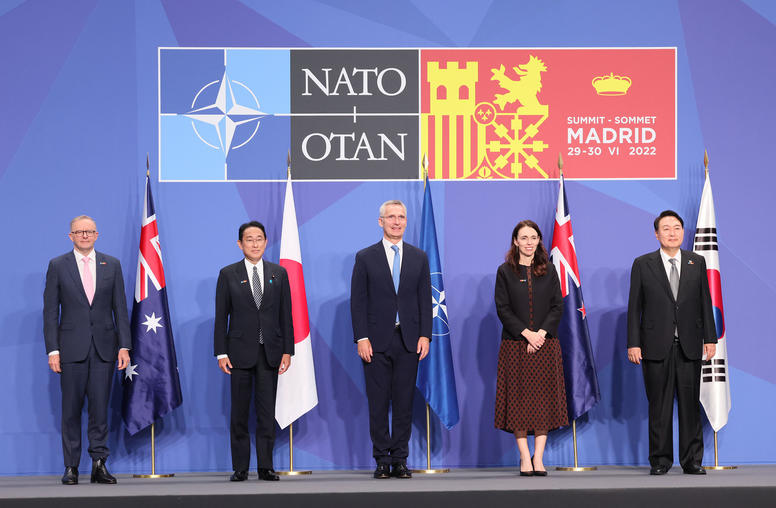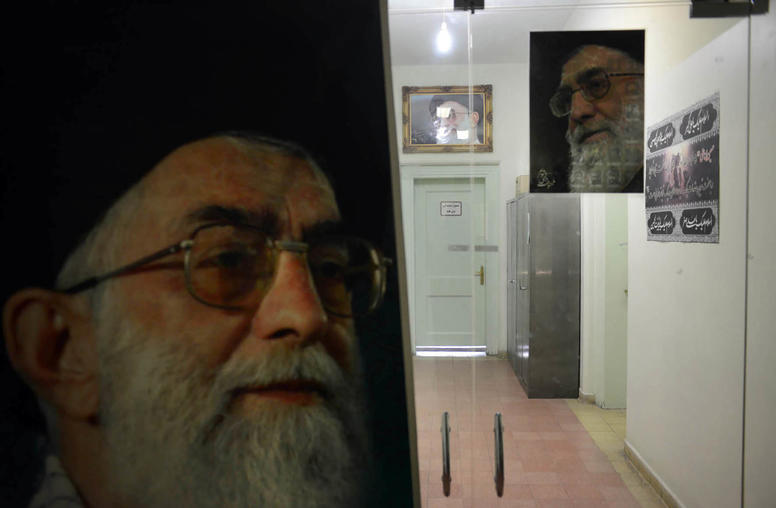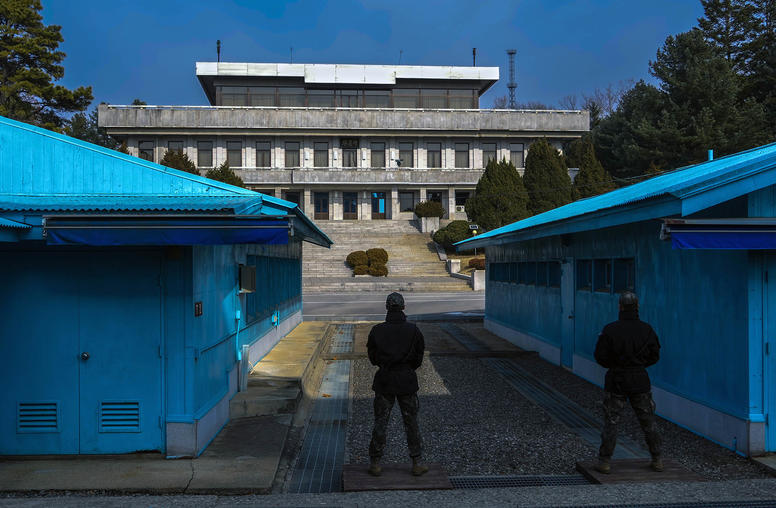National Dialogues in Peacebuilding and Transitions
Lessons Learned from Six National Dialogues in Africa and the Middle East
At their best, national dialogues can open the door to resolving long-standing drivers of conflict and make political transitions more inclusive. However, many national dialogues fail to live up to this potential — often stifled by political complexities or other challenges along the way. The impact of a national dialogue is also not easy to assess immediately after its conclusion, as implementation of a dialogue’s resolutions is a complex and time-consuming endeavor.
On June 24, USIP and Peace Appeal hosted two panel discussions with the authors of the Institute’s recent report, “National Dialogues in Peacebuilding and Transitions: Creativity and Adaptive Thinking.” The conversations will assess the impacts of six national dialogues in Africa and the Middle East several years after the conclusion of these processes.
The first panel focused on Lebanon, Senegal and Tunisia and examined inclusivity and representation in national dialogues in these countries. The second panel discussed national dialogues in Central African Republic, Kenya and Yemen and reflected on international involvement in these processes. Both panels drew lessons for practitioners and policymakers who are contemplating future national dialogues.
Continue the conversation on Twitter with #NationalDialogues.
Speakers
Elizabeth Murray, moderator
Senior Program Officer, Africa, U.S. Institute of Peace
Elie Abouaoun
Director, Middle East and North Africa Programs, U.S. Institute of Peace
Penda Ba
Associate Professor, Gaston Berger University
Derek Brown
Co-Executive Director, Peace Appeal Foundation
Daniel Brumberg
Professor and Director, Democracy and Governance Studies, Georgetown University
Erica Gaston
Fellow, Global Public Policy Institute
Jimmy Ochieng
Consultant, HD Centre
Rachel Sullivan
Program Specialist, Africa, U.S. Institute of Peace
Susan Stigant, moderator
Director, Africa Programs, U.S. Institute of Peace



